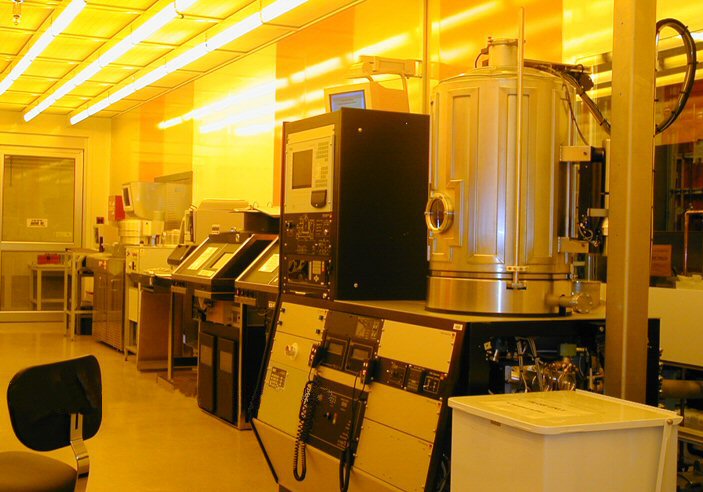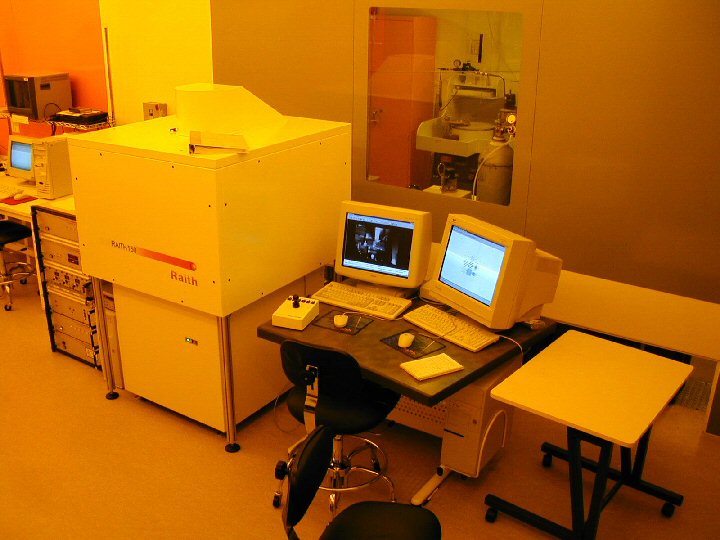University of Minnesota
Nanofabrication Center
Expertise: Energy and Remote Processing and Characterization
The node at the University of Minnesota is served by The Nanofabrication Center (NFC: www.nfc.umn.edu). With an annual budget of approximately 1.9 M$, NFC runs a class 10 clean room with 14 permanent staff. The node is currently planning for a major expansion as part of the planned Experimental Physics and Nanotechnology Building. Expected to open in 2012, the new facility will triple the existing clean room space. NFC hosts a full suite of processing tools for building micro and nano devices.
With an annual budget of approximately 1.9 M$, NFC runs a class 10 clean room with 14 permanent staff. The node is currently planning for a major expansion as part of the planned Experimental Physics and Nanotechnology Building. Expected to open in 2012, the new facility will triple the existing clean room space. NFC hosts a full suite of processing tools for building micro and nano devices.
The lithography section includes three Karl Suss contact printers, a Canon i-line stepper, and a Raith 150 direct write e-beam system. Etch capabilities include multiple RIE systems, an inductively coupled plasma system, a Bosch etcher for high aspect ratio etching in silicon, an ion mill system, and the typical wet etch stations.
These film deposition capabilities include four evaporators, two sputtering systems, three LPCVD tubes which are used for doped and undoped poly, conventional and low stress nitride, LTO, PSG, and BPSG. Other thin film tools include an atomic layer deposition system and a PECVD tool. Thermal processing includes conventional and rapid thermal ovens. Other specialty systems include wafer bonding (Karl Suss), critical point drying, photomask generation, plating, sawing, and die bonding.
The Minnesota node brings two areas of technical excellence to the network: energy and remote processing and characterization. In the energy area, Minnesota has developed an MBE-like system for depositing calchogenides such as CIGS and CZTS. Once completed, this system will be made available to researchers interested in thin film photovoltaic applications.
The second area of specialization at Minnesota is remote access. Currently these nodes allow external users access to equipment and will also run single process steps remotely. Under NNIN, the Minnesota node will perform sophisticated fabrication and/or characterization sequences under the direction of a remote user.
Some researchers have processing capability, but inadequate characterization, or characterization but no fabrication. For many more, the intellectual content of the research lies not in  the fabrication, but in the design, unique characterization, or use of a nanostructure.
the fabrication, but in the design, unique characterization, or use of a nanostructure.
For further Information contact:
Greg Cibuzar
User Contact
(612)-624-8005
cibuzar@ece.umn.edu
